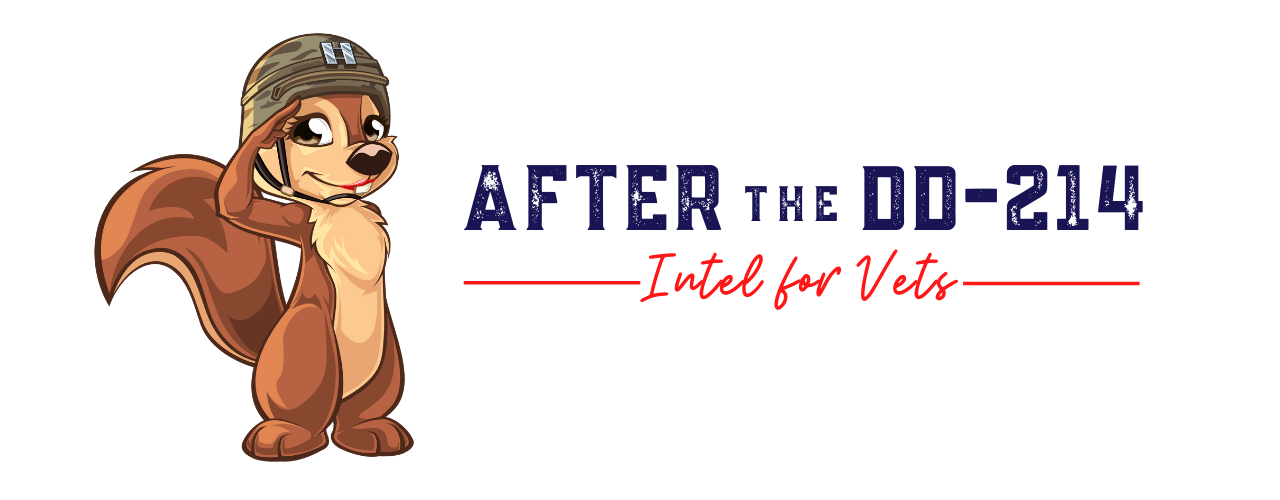In 2009, the Department of Veterans Affairs (VA) pledged to end homelessness among veterans by 2015. At the time, I thought it was an unattainable goal and I’m still not sure they are going to reach it, but not for lack of trying. Since 2009, not only has VA increased funding for their homelessness and homelessness prevention programs, but they’ve also made it easier to access those programs and have even joined forces with other federal agencies to better meet the needs of veterans and their families who are homeless or at risk of losing their homes. Below are a few of the resources available to homeless and at risk veterans (keep in mind that VA defines homeless as anyone who doesn’t have a lease or mortgage in their own names, so these resources may be open to individuals who may be crashing with someone else, living with in-laws, or even those who have a home but may be at risk of foreclosure):
National Call Center: If you or someone you know is in imminent need of resources, the National Call Center is probably the best place to start. You can contact them via phone (1-877-424-3838) or via chat (www.va.gov/homeless). This resource, which is available 24/7 for free to all veterans, regardless of whether you are currently registered with VA or in the VA healthcare system, will connect you with trained representatives. These representatives will ascertain your needs and connect you with local resources in your area. Resources may include help paying utility bills, meeting child care needs, enrollment in work therapy programs which may provide temporary housing and connect veterans to paying jobs, among others.
Homeless Veterans Resource Guide: This 191 page document breaks down the available homeless veteran resources by state and metropolitan area, complete with names and contact information. Everyone from official VA resources, to non-profits who run shelters, including the HUD-VASH contacts. You can access the list here.
HUD-VASH: HUD-VASH, which stands for Housing and Urban Development and Veterans Affairs Supportive Housing program, is a collaboration between the VA and the Department of Housing and Urban Development (HUD). The program provides “Housing Choice” (Section 8) vouchers, which allow veterans and their families to rent “market rate” rental housing while working with a VA case manager. The voucher allows the local housing office to pay a rental subsidy directly to the landlord; veterans then only have to cover the difference between the subsidy and the actual cost of rent (usually 30% of their income, though there are exceptions for those with no income). Essentially, the program piggybacks off of the HUD Section 8 (now called Housing Choice Voucher) program, but allows the veterans participating in the program to avoid Section 8 waiting lists and many of the screening requirements. The goal is to provide veterans with long term, stable housing and solutions.
Key details of the program:
– Eligibility: The program is open to all veterans who are eligible for VA health care, are in need of VA case management services, and lack a permanent residence. Emphasis is placed on chronically homeless individuals, especially those with disabilities and abuse problems, as well as recent combat veterans, women, and those with dependents. (Exception: Any veteran who meets the lifetime registered sex offender requirements for the state is not eligible. If a member of a veteran’s family is a registered sex offender, the veteran and the rest of the family may still participate in the program, as long as they agree not to let the registered sex offender reside there.)
– VA case management services include a variety of services needed to help the veteran maintain a stable lifestyle, including medical services, substance abuse counseling, money management and credit repair tools, and community reintegration assistance. The veteran will have to meet with the case manager on a regular basis (usually 3 times a month).
– If you’re interested in the program, the first person to contact is the VA case manager in charge of the HUD-VASH program. That person is responsible for eligibility screening and providing the referral to the local housing authority. You can find out whether there is a HUD-VASH program in your area (as well as view slide shows and videos about the HUD-VASH program) and get their contact information by going to the HUD-VASH page and scrolling down to the HUD-VASH site list on the right. (It will open in an Excel spreadsheet.) You can also look on the HUDVET list or the Homeless Veterans Resource Guide to locate one near you.
– Continuation in the voucher program may be possible even after all case management needs have been met.
– Adding an individual to the program after initial acceptance may only be available in certain circumstances (such as birth or adoption), so be sure to discuss your possible future housing needs with the case manager.
– Veterans must be able to provide a document proving their social security number. VA documents will meet this requirement and a DD-214 may as well.
– To get an idea of the types of Section 8 housing in your area and what they cost, you can go here and search by zip code.
HUDVET list: This is another list, searchable by state, with contact information (name, title, organization, e-mail, phone number) of federal, state, veterans service, and other organizations who are available to help homeless and at risk veterans, including the HUD-VASH representatives. You can access the list here.
Tune in tomorrow for an overview of more of VA’s homelessness and homelessness prevention resources.
© 2014 – 2020, Sarah Maples LLC. All rights reserved.

No Comments